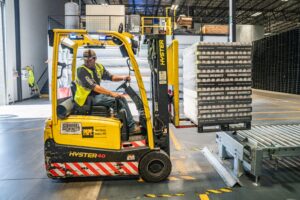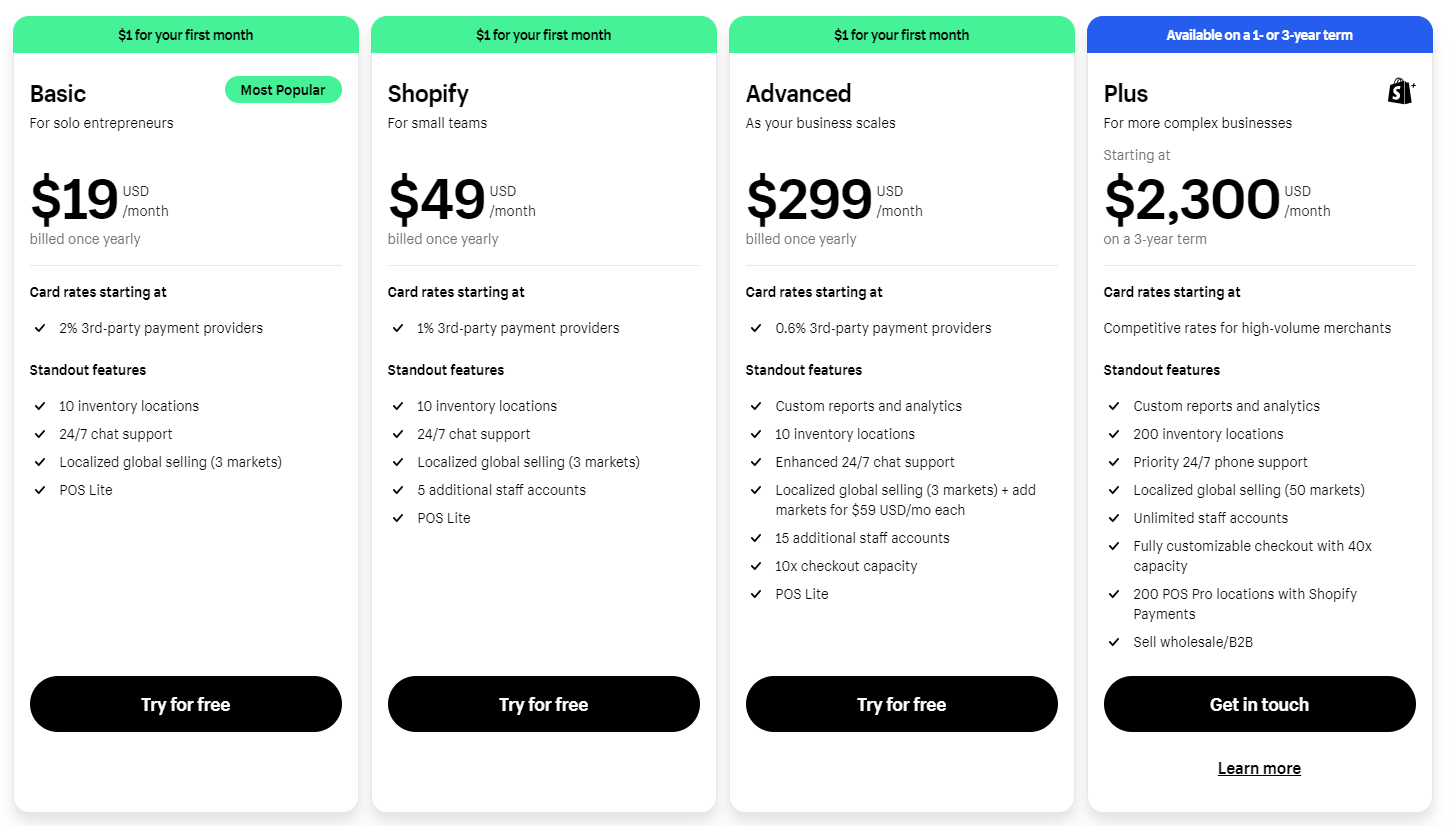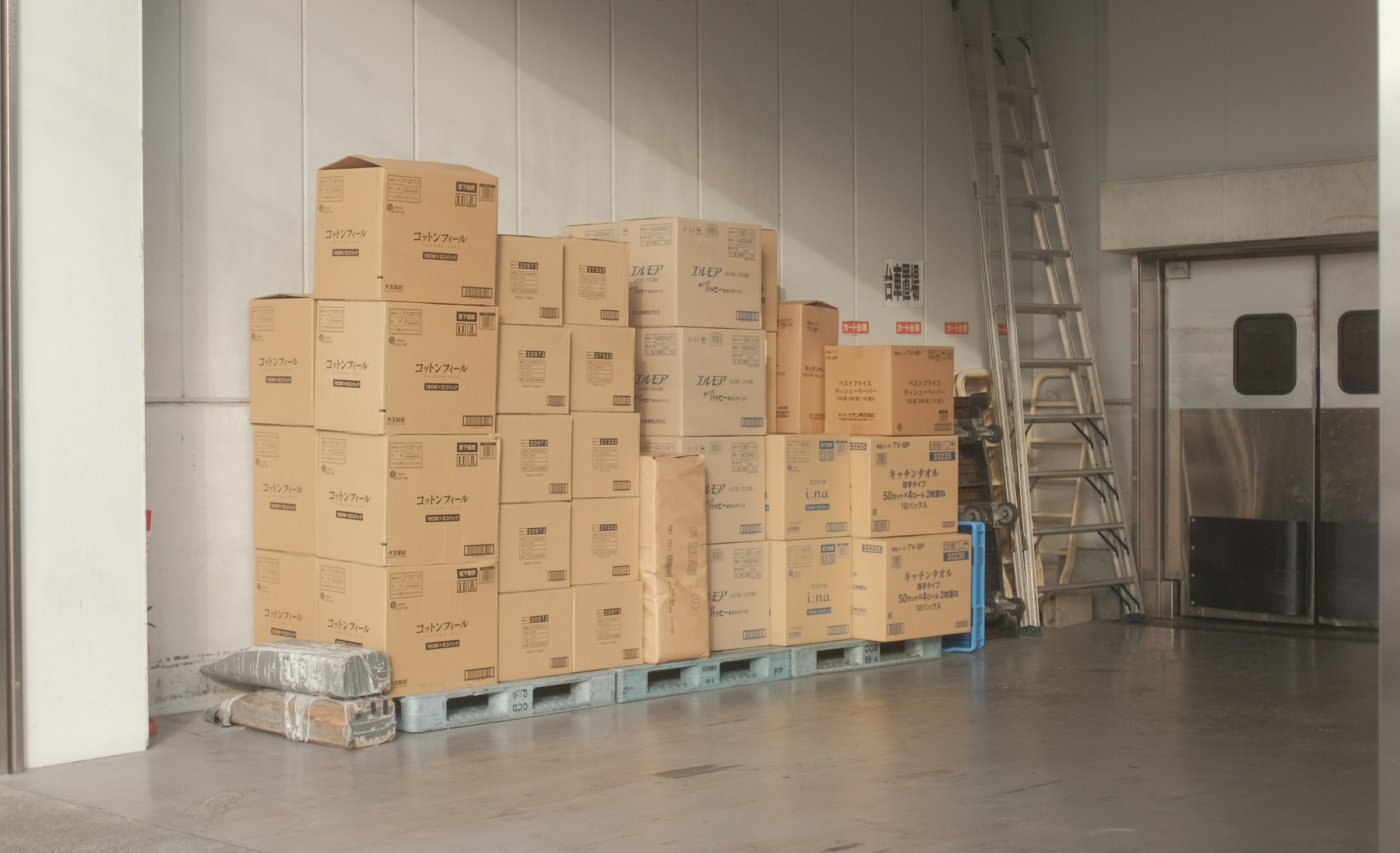
E-commerce has changed the way consumers shop and interact with brands. Let’s talk about the importance of sustainable supply chains in ecommerce.
With a few taps on your smartphone or mouse clicks, you can order anything from a new pair of shoes to your weekly groceries.
However, as we enjoy same-day deliveries and one-click purchases, let’s pause and consider the environmental and ethical consequences of our shopping habits. According to forecasts, the delivery car fleet used for parcel and freight shipping could produce 25 million metric tons of CO2 by the end of this decade.
In this blog post, you’ll learn the concerns eCommerce has raised and why you must prioritize sustainability in your supply chain operations.
Let’s dive in.
What do we mean by sustainable supply chains?
Sustainability in supply chains means sourcing, producing, and delivering products to minimize negative environmental, social, and ethical impacts. The idea is to profit while creating an environmentally conscious and socially responsible system.
Here’s why it matters:
Imagine buying products that hurt the planet—either by using too many resources or creating a lot of pollution. Sustainable supply chains help prevent that by producing products in a way that’s kinder to the Earth.
It’s also about ensuring you treat your workers fairly and pay them well while creating a safe working environment.
Lastly, sustainable supply chains make products last longer and reduce waste. When they’re made durable and easy to recycle, we throw away less, which is better for the environment.
The impact of eCommerce on supply chains
As online shopping continues to thrive, traditional supply chains are evolving to meet the demands of the marketplace.
Here are some ways in which eCommerce has evolved supply chains:
- Customers expect quick and efficient delivery. This is why supply chains must optimize transportation and distribution networks to meet the demand for same-day or next-day deliveries.
- Businesses need precise inventory management to ensure products are readily available for online orders.
- Supply chains rely more on data, using real-time data analytics and demand forecasting. It helps optimize inventory, reduce costs, and enhance customer satisfaction.
- There’s an increase in the adoption of automation technologies in warehouses. Robots and automated systems can help with the picking and packing process.
However, this massive development also negatively impacts the supply chain.
Environmental Impact
E-commerce often involves excessive packaging, which leads to waste generation. Businesses ship products in oversized boxes with additional protective materials.
Moreover, it largely contributes to increased carbon emissions due to transportation.
Social and Ethical Implications
The demand for fast order fulfillment in e-commerce has increased the work pressure on workers. They often have to face long hours and physically demanding tasks.
Many e-commerce companies give their workers very low wages for delivery and warehouse operations.
Data Security Concerns
An eCommerce business mainly involves collecting and storing customer data. This can raise data security and privacy concerns, especially in cyberattacks or online fraud cases.
It’s essential to recognize and address these negative impacts while leveraging the advantages of e-commerce. This way, you can build a sustainable supply chain for your business to support ethical and environment-friendly practices.
Why does sustainability matter in supply chains?
Sustainable supply chains in e-commerce are essential for several reasons.
Firstly, they align with the growing eco-consciousness of consumers. You don’t want to ignore what your customers care about and think you could get away with it. As per a survey, about 35% of respondents admitted to choosing products that are safe for the environment. On the other hand, 37% were concerned about environment-friendly packaging.
Secondly, these supply chains can lead to cost savings and operational efficiencies for businesses. For example, optimizing transportation routes can reduce expenses.
Lastly, sustainability measures enhance brand reputation and can drive customer loyalty.
Key initiatives and strategies for making your supply chains sustainable
Creating sustainable supply chains in e-commerce requires a strategic approach.
1. Invest in an inventory management solution
Efficient inventory management ensures a smooth flow of goods from manufacturers to consumers. It involves planning, controlling, and optimizing the goods or materials a business holds in stock.

Here’s why you need proper inventory management:
- Too much inventory ties up capital and storage space, while too little can lead to stockouts and lost sales.
- It ensures that products are available when customers want them, improving customer satisfaction.
- Holding excess inventory incurs costs for storage, insurance, and potential obsolescence. Proper inventory management minimizes these holding costs and improves overall profitability.
- Suppliers, manufacturers, and retailers have better visibility into inventory levels. This way, they can plan production and distribution more efficiently.
If you want to reduce the headache of manually tracking inventory levels, consider investing in a software for managing your fleet’s tools and equipment. You can centralize all your fleet assets in one place and collaborate with your team effectively.
2. Assess the battery performance of your equipment and vehicles
A robust and reliable battery system can enhance your fleet management system’s resilience and security posture. It reduces the risk of unexpected power failures or interruptions, making it more challenging for cybercriminals to exploit moments of vulnerability during power outages.
Not just that, you can also identify and address any anomalies or issues that may suggest a cyberattack or unauthorized access to the vehicle’s systems.
The best part—it empowers you and your team to respond promptly to security threats.
Think about everything you’re getting out of a healthy battery life.
- Your, your customers’, and your staff’s data remains safe.
- Your equipment and vehicles get safer to use, which helps you avoid accidents in the warehouse.
- Optimizing the battery performance of electric delivery vehicles, such as vans and trucks, reduces their energy consumption.
- Well-maintained and optimized batteries in equipment and vehicles tend to operate more efficiently, which leads to cost savings.
- It prolongs the life of batteries and reduces the need for frequent replacements. As a result, you minimize waste and conserve more resources.
To enhance your fleets’ battery performance, consider investing in battery intelligence software like Elysia. It allows you to access battery insights for effectively managing and optimizing battery performance in your fleets.
3. Collaborate with suppliers and partners
You can achieve common goals and drive mutual benefits by working closely with external entities, including suppliers, distributors, logistics providers, and other stakeholders.
Here’s how to proceed:
- Create clear goals with suppliers and partners. Align these goals with your company’s overall supply chain strategy.
- Regularly exchange information on demand forecasts, production schedules, inventory levels, and market insights.
- Define key performance indicators (KPIs) and metrics to measure the success of collaboration efforts. Metrics may include on-time delivery rates, quality levels, and cost savings.
- Encourage joint innovation by involving suppliers and partners in product development and improvement processes.
- Identify potential risks in the supply chain, such as disruptions or geopolitical issues, and work together to develop contingency plans.
Collaborating with suppliers and partners helps everyone feel together to make the supply chain work. This also strengthens the supply chain, saves money, helps produce better products, and makes customers happier.
4. Practice ethical sourcing and fair trade
These principles and practices prioritize procuring goods and materials responsibly while treating producers, workers, and the environment fairly.
Here’s all it includes:
- Ensuring fair wages, safe working conditions, and fundamental labor rights for workers.
- Choosing suppliers and materials prioritizing environmentally sustainable practices, including responsible resource extraction, waste reduction, and minimization of carbon emissions.
- Maintaining supply chain transparency by tracing product and material origins to verify ethical and sustainable practices.
- Ensuring producers receive fair and stable product prices, often exceeding the market rates.
- Investing in developing producer communities by funding social projects such as education, healthcare, and infrastructure.
- Educating consumers about the importance of ethical sourcing and fair trade. Transparency in labeling and marketing helps consumers make informed choices.
Just follow moral practices by purchasing from good sources and treating workers fairly. Remember, it doesn’t just improve people’s lives, but it also makes your brand look better and keeps customers coming back.

Create a sustainable course for your eCommerce business
Sustainable supply chains are critical as they help eCommerce businesses serve the environment better. Using less packaging and reducing pollution, you can employ eco-friendly practices for your business.
But it’s not a one-size-fits-all solution. You need a more targeted approach to your specific business and industry.
To do that, look at your supply chain and see where you can make it more eco-friendly. You also need to know what your customers want.
Soon, you’ll be able to build a highly sustainable entire supply for your business.
What Is EcomBalance?

EcomBalance is a monthly bookkeeping service specialized for eCommerce companies selling on Amazon, Shopify, Ebay, Etsy, WooCommerce, & other eCommerce channels.
We take monthly bookkeeping off your plate and deliver you your financial statements by the 15th or 20th of each month.
You’ll have your Profit and Loss Statement, Balance Sheet, and Cash Flow Statement ready for analysis each month so you and your business partners can make better business decisions.
Interested in learning more? Schedule a call with our CEO, Nathan Hirsch.
And here’s some free resources:
- Monthly Finance Meeting Agenda
- 9 Steps to Master Your Ecommerce Bookkeeping Checklist
- The Ultimate Guide on Finding an Ecommerce Virtual Bookkeeping Service
- What Is a Profit and Loss Statement?
- How to Read & Interpret a Cash Flow Statement
- How to Read a Balance Sheet & Truly Understand It









